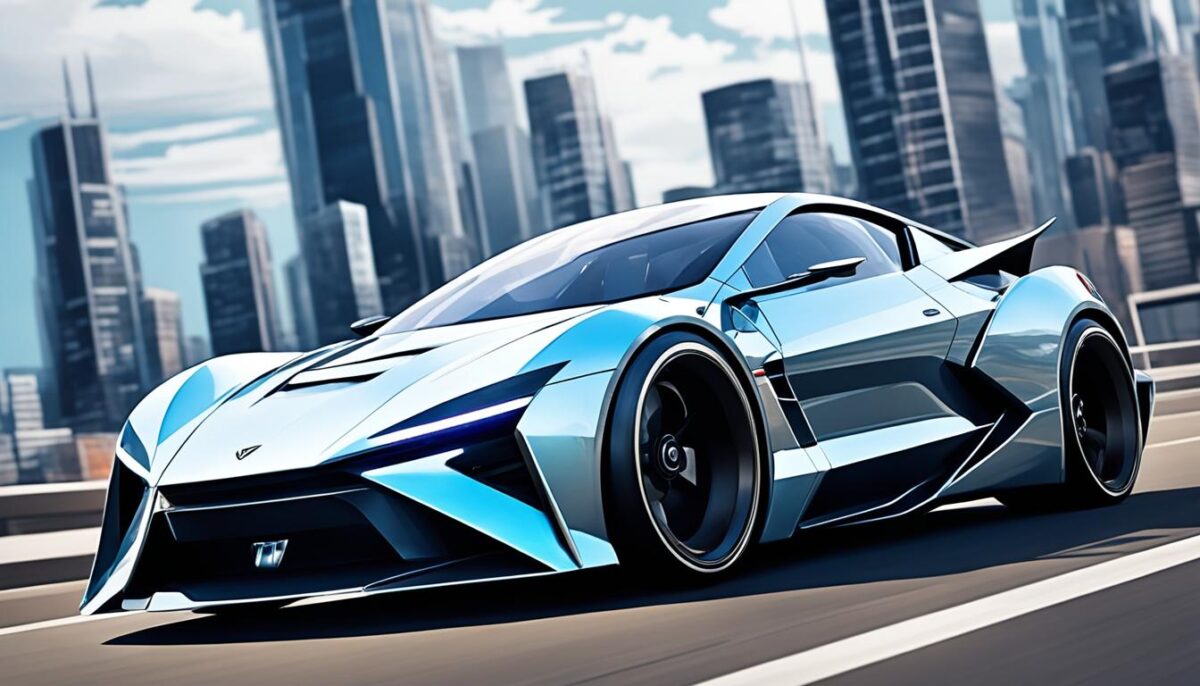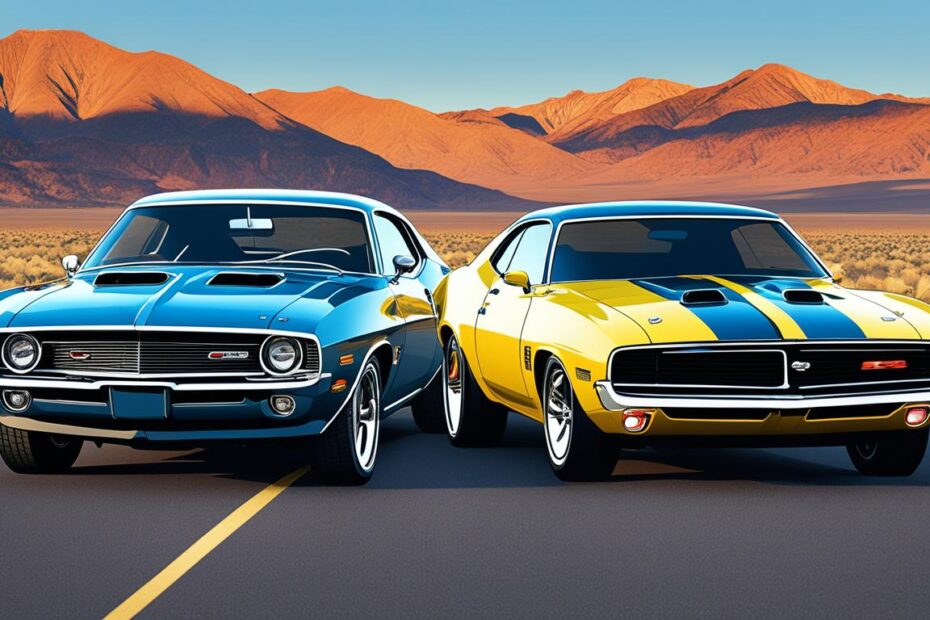As I delve into Car Culture, I can’t help but reflect on how far we’ve come since the dawn of the automobile. The transition of cars from simple modes of transportation to cherished cultural icons has significantly reshaped our society. This evolution is not just about automotive innovations; it also encompasses pivotal historical moments that have influenced how we interact with these machines. From the mass production techniques pioneered by Henry Ford to the impact of automobiles on suburban development, each milestone has woven cars into the fabric of our daily lives. It’s fascinating to recognize the emotional connections we all share with cars, symbolizing freedom and individuality in our fast-paced world.
The Birth of Car Culture
In exploring the origins of car culture, I find it fascinating to see how early automotive innovations paved the way for the mass adoption of vehicles. One of the most critical milestones was the introduction of the Ford Model T, which revolutionized personal transportation. This vehicle not only made car ownership accessible to the average American but also set the stage for future automotive advancements.
Early Automotive Innovations
The landscape of early automobiles was shaped by several pivotal inventions and technological advancements. Notably, the internal combustion engine played a key role by providing the power needed for efficient motion. The Ford Model T, launched in 1908, is often celebrated for its affordability and reliability, which ultimately democratized car ownership. The assembly line production techniques introduced by Henry Ford allowed for mass production, significantly lowering costs and making automobiles a common sight on American roads.
- Advancements in engine technology
- Development of transmission systems
- Improvements in safety features
- Creative car designs focusing on both aesthetics and functionality
These automotive innovations transformed the way people viewed transportation and laid the groundwork for the booming car culture that followed.
Impact of World War II on Car Ownership
The effects of World War II were far-reaching, particularly in relation to car ownership post-WWII. With the war concluding, returning veterans were eager to embrace the freedom and mobility that personal vehicles promised. The demand for cars surged as families expanded, and the notion of the American Dream became strongly tied to car ownership.
This period saw a significant increase in automobile production, driven by government policies aimed at supporting economic growth. The booming auto industry not only satisfied the desires of returning servicemen but also supported a growing economy. Statistics from this time illustrate a remarkable growth trend in vehicle registrations.
| Year | Vehicle Production (Units) | Registered Vehicles |
|---|---|---|
| 1945 | 0 | 11 million |
| 1946 | 500,000 | 12 million |
| 1947 | 2 million | 13 million |
| 1948 | 5 million | 15 million |
The post-war era marked a profound shift in consumer habits, with cars transitioning from luxury items to essential parts of daily life. This evolution not only facilitated individual mobility but also fostered a distinct car culture that remains influential today.

Car Culture in the Modern Era
Modern automotive design has undergone a remarkable transformation, driven largely by technological advancements. Features such as enhanced safety measures, improved fuel efficiency, and seamless connectivity have become standards that cater to the evolving expectations of consumers. I notice that more potential car buyers lean toward innovations that prioritize eco-friendliness and sustainability.
Influence of Technology on Automotive Design
The incorporation of technology into current automotive design cannot be overstated. Today, vehicles come equipped with advanced driver-assistance systems and smart features that elevate both safety and comfort. As I explore various models, it becomes clear that manufacturers are now focused on creating vehicles that resonate with modern car enthusiasts, blending functionality with aesthetic appeal.
The Rise of Electric and Autonomous Vehicles
In recent years, the market has witnessed a notable surge in electric vehicles and autonomous vehicles. Brands like Tesla have set the benchmark for electric mobility, sparking a shift towards eco-conscious driving. This transition not only reflects changing consumer demands but also heralds a future where sustainability takes center stage. The cultural shift toward embracing electric vehicles demonstrates a growing commitment to environmental responsibility.
Car Enthusiast Communities and Clubs
The passion for automobiles remains alive through vibrant car enthusiast communities and automotive clubs. These groups serve as a haven for those who share a love for cars, offering spaces where individuals can connect, learn, and celebrate their passion. I find that these clubs promote automotive heritage through events, rallies, and gatherings that foster camaraderie among enthusiasts while exploring the wonders of modern automotive design.

Car Culture and Its Societal Impacts
As I delve into the societal impact of cars, it becomes clear that car culture significantly shapes our everyday lives. For instance, the way urban planning has evolved around automobile usage reflects our dependence on vehicles. Traffic congestion and parking challenges are only a few byproducts of an infrastructure that prioritizes car travel over more sustainable options. This reality has led city planners to rethink how they integrate public transport systems into our urban landscapes.
The environmental impact of cars cannot be overlooked, either. Car culture has long been associated with pollution and climate change, prompting a collective shift towards sustainable practices. I notice a growing trend toward electric vehicles, which not only offer a greener alternative but also resonate with an emerging consciousness about ecological responsibility within car culture. This transition underscores an awareness of our individual and collective roles in mitigating environmental degradation.
Moreover, the psychological implications of car ownership reflect deeper societal values. Cars often symbolize individuality, identity, and status, acting as extensions of ourselves. This connection complicates our relationship with mobility, as I realize how brand loyalty and vehicle choice can convey messages about one’s lifestyle and aspirations. As urbanization and technology continue to develop, I am left to wonder what the future holds for car culture, especially as it intersects with these evolving societal trends. Ultimately, the way we value and utilize cars will likely change, paving the way for a more balanced approach to urban living and environmental stewardship.
